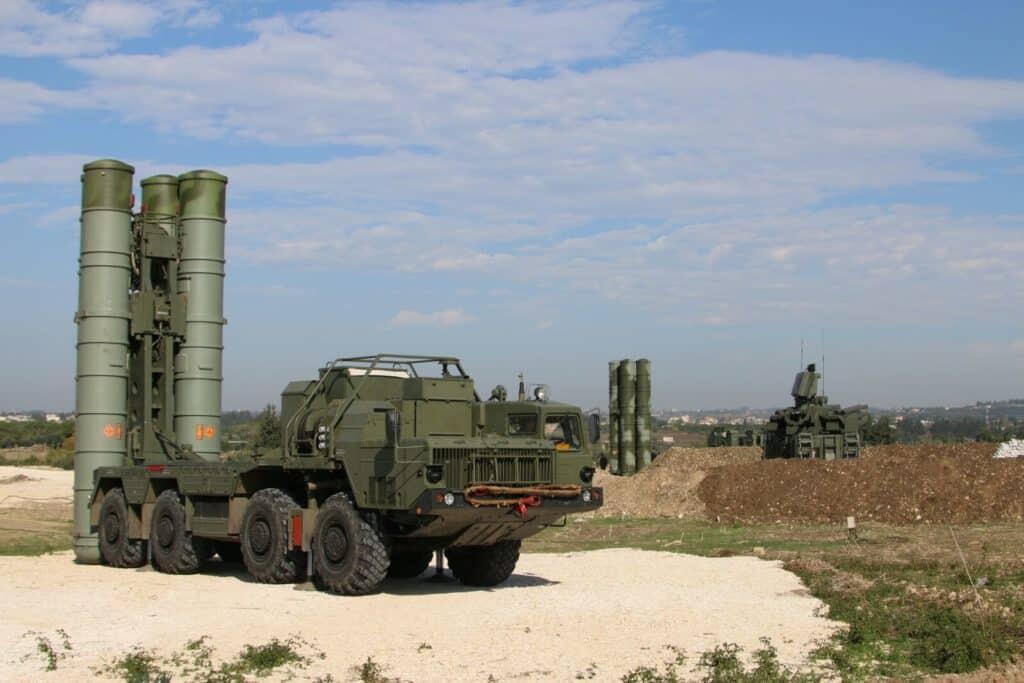Yesterday, Western media sources continued to publish the lie that Hezbollah forces bombed northern Israel killing 12 Israeli children, when in fact the children were not Israeli at all, but Syrian, while local residents claim it was Israel's bomb that killed their children.
The voices of these Syrians who just tragically lost 12 children are not being reported in the Western media, and they came out with their own statement yesterday condemning Israel's response using their own tragic losses as an excuse to bomb Lebanon.
In a statement, Majdal Shams residents object the shedding of a 'single drop of blood' in the names of the 12 children killed in weekend attack.
Using this lie as a pretext, the Zionist Israeli forces then bombed a suburb of Beirut, Lebanon, targeting Hezbollah military leader Fuad Shukr, while also killing two innocent children.
The big news event being reported today, also using the lie of Israeli children being killed in northern Israel as justification, is the assassination of a Hamas political leader who was not even living in Gaza, and had never served in the military, Hamas Political Bureau Chief Ismail Haniyeh, who was visiting Tehran for the peaceful swearing in ceremonies of the new Iranian President, Massoud Pezeshkian.
Whatever comes next in this conflict, as the Zionist factions in Israel and the U.S. now take on not only Iran but Lebanon, Syria, Yemen, and the resistance forces in Iraq, Turkey will undoubtedly play a key roll.
Neither side apparently wants a military escalation which will prove very costly, and deadly.
These Zionist assassinations are undoubtedly coordinated with some of the most powerful intelligence agencies in the world such as the CIA, Mossad, and MI6. They bring psychological warfare without the cost of huge military battles, where Zionist Israeli and American forces have had serious set-backs in recent days, especially in the Red Sea.
Will Turkey and perhaps other BRICS nations such as Russia and China now also get involved and share intelligence with Iran and the others?
Turkey has a long history of fighting back against Mossad agents in its own country and has its own intelligence network, and has successfully resisted coups by the CIA to topple their government.
If these nations do share intelligence, who might Iran and their allies target for high profile counter assassinations?
Netanyahu and Trump have to be the top two Zionist world leaders on their list, with Netanyahu having an existing criminal arrest warrant active at the International Court in the Hague, while Trump has an existing criminal arrest warrant in Iran.












